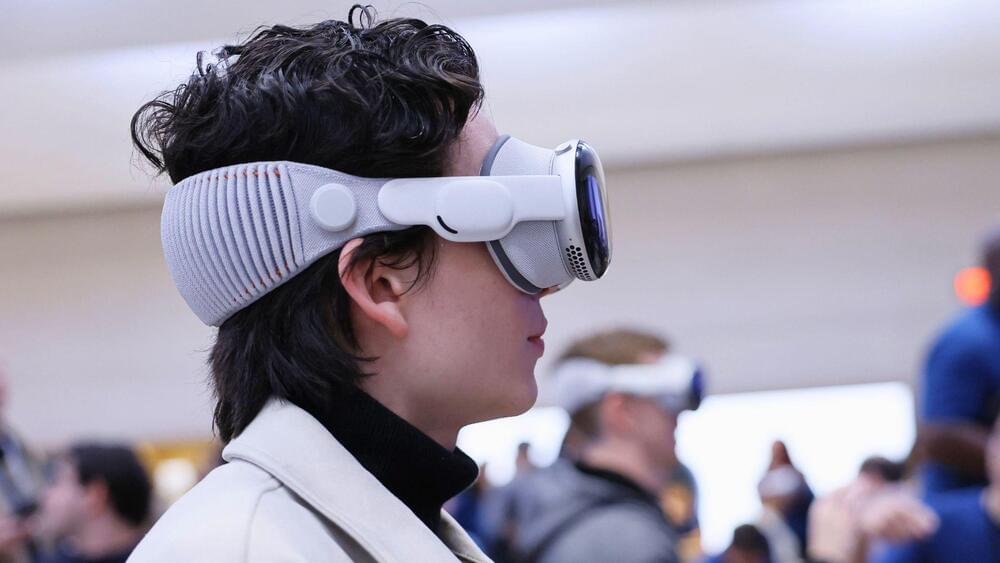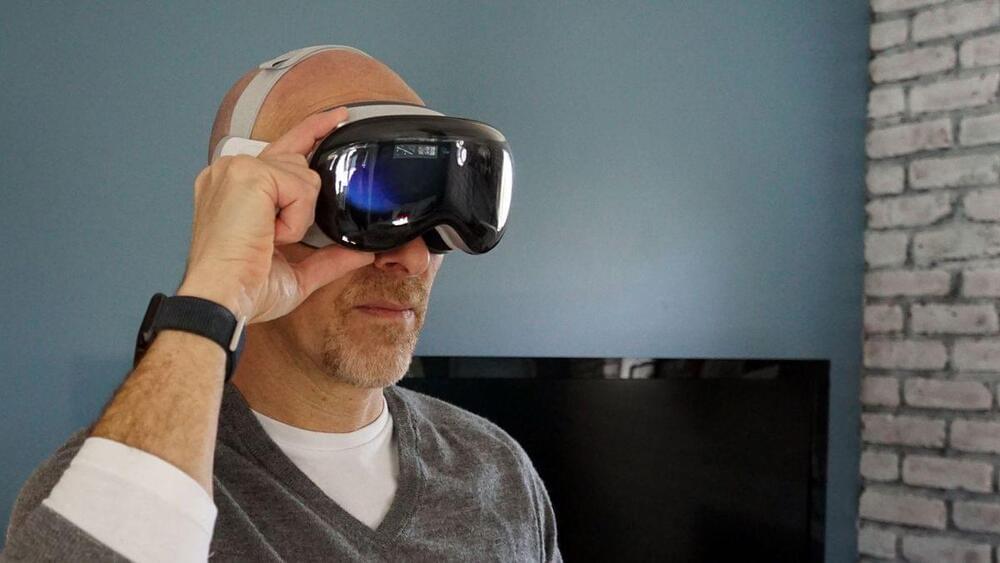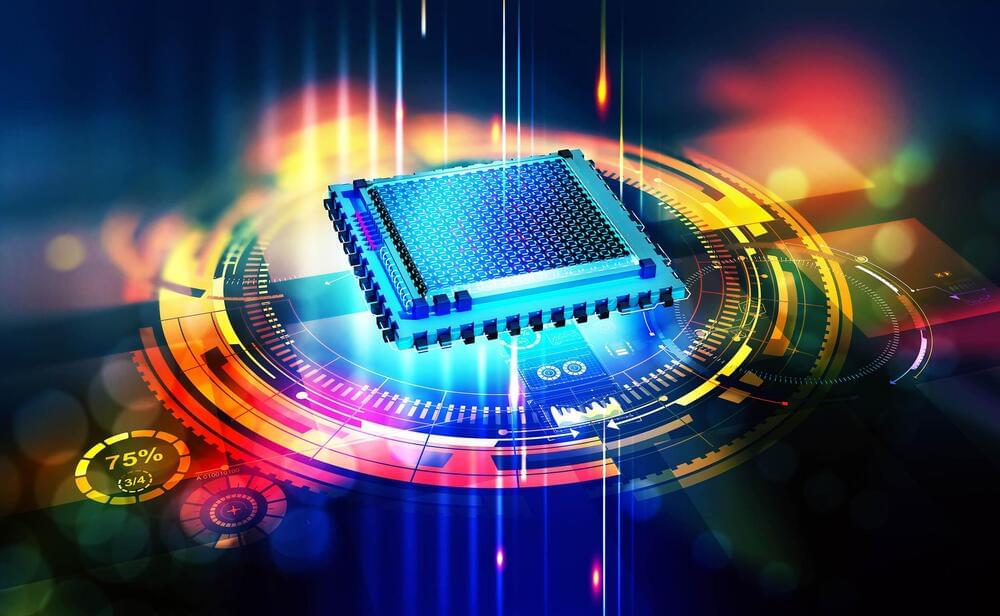Apple is known for its “One More Thing” moments, unveiling a new product to revolutionize the industry. The Apple Vision Pro, the company’s first augmented reality headset, was supposed to be one of those products. But according to a recent report, it might take Apple a few more years and a few more versions to achieve its vision.
A revolutionary product that will become affordable eventually
The Apple Vision Pro, launched in late 2023, is a sleek and futuristic device that lets users interact with digital content overlayed in the real world. It runs on visionOS, a new operating system designed for immersive experiences. It also comes with a hefty price tag of $3,500, making it a niche product for early adopters and enthusiasts.








